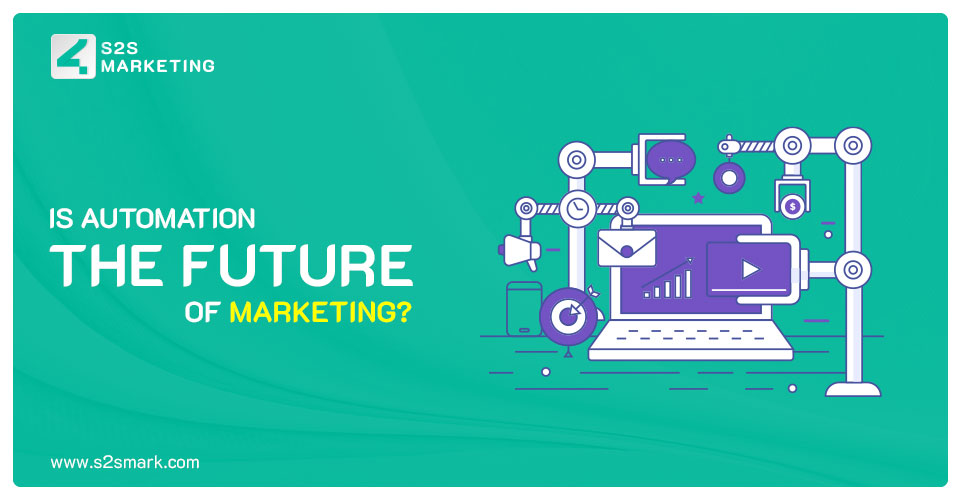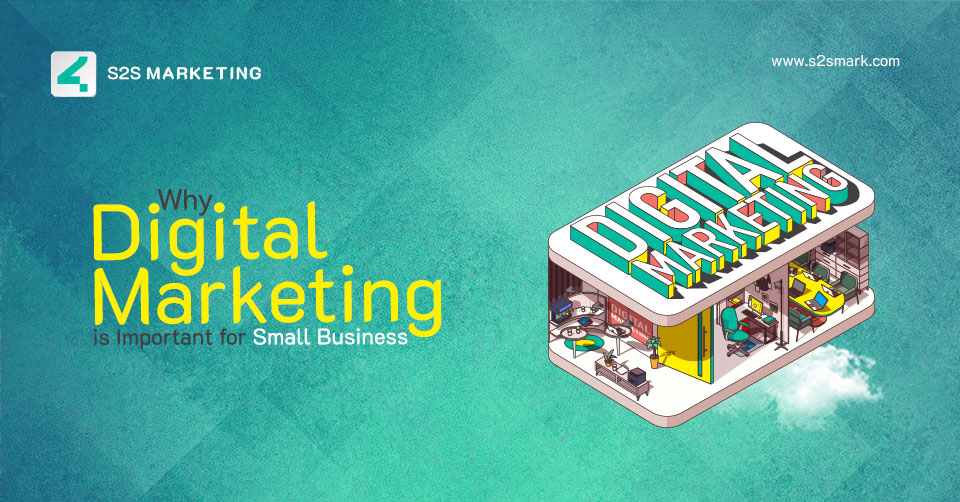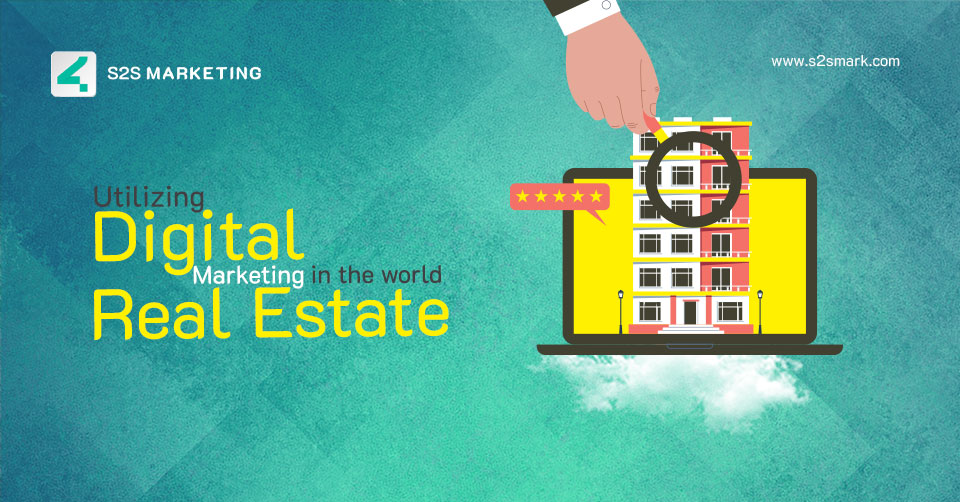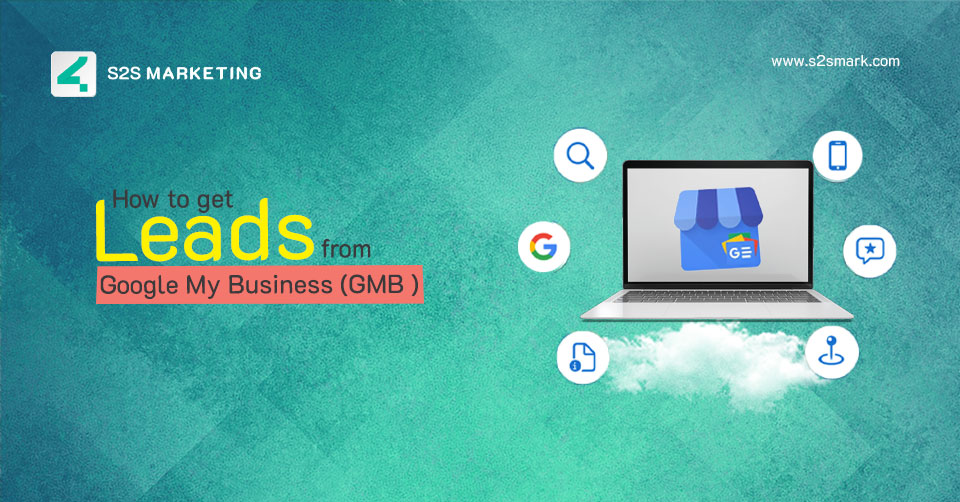Automation has not only transformed society but laid the groundwork for a new social reality. It is a truism to say technology has made our lives easier. But understanding how the most advanced form of technology, artificial intelligence, is and is going to impact the economic and social world has become a necessity.
Most human activity concerns itself with improving economic growth. In the same spirit, automation has led economic growth to move at the speed of light. From manufacturing to marketing, the future of automation will leave an indelible impact on the future of every industry. Most notably, marketing, which generates $ 240 billion in revenue in the US according to HubSpot and it will ride the wave of automated performance over the next decade.
History of Technology and Marketing
Marketing in the old days was limited to billboards, newspapers, and, later on, televised segments. With the advent of the Word Wide Web, we began to see how marketing became inseparable from technology and hence our everyday lives. In one sentence, our relationship with information was beginning to change. We no longer had to wait for the newspaper, or the tv segment to begin or expect information to travel into the mind of our next-door neighbor.
Initially, internet search engines were limited to read-only pages. We couldn’t interact with our favorite brands, write witty captions, or post pictures of our latest travel journeys. This fundamentally changed with the rise of Web 2.0. We could suddenly create our own pages and have others engage with them. Social media emerged, and the future of advertisement shifted. Currently, we are transitioning into Web 3.0, a system of decentralized networking.
How Technology Changed Marketing
Technology has ushered in greater connectivity. You could read this blog perched on a coastline sipping Tahitian tea all because of technology. Interestingly, technology is also the seed of the startup culture. Giants such as Google, Facebook, and Amazon all had humble beginnings. And you’ve likely guessed that their success came and continues to do so because of technology. Today, tech has not only made setting up businesses easier but reduced the cost of logistics, operations, and marketing.
Today, we have so many opportunities to market over the internet. Google, Facebook, and other major players have dominated market capture, allowing marketers to know and target their audience. Google and Facebook Ads allow customized targeting, which means that add broad metrics to the kind of people you want your product/service to show itself to.
Marketing through technology also helps build communities online. Technically, this translates to SEO strategies. Moz and SEMrush are a couple of examples of finding keywords to help your content shine through competition.
How Will Automation Shape Marketing?
The growth of venture investment and greater funding opportunities today means that the chances of a start-up being able to stay afloat are greater than before, attracting potential entrepreneurs. Automation provides a key area to manage one’s capital funds from depleting. For example, instead of focusing too much on marketing, many businesses are turning toward digital platforms.
Will Automation Wipe Out Human Labor?
It is truly an exaggeration to say automation will completely wipe out human labor, whether it is labor pertaining to marketing or logistics. Yuval Noah, the historian, and author is known to espouse such a narrative. AI, using predictive computational modeling, will outperform skilled workers. However, people completely losing their livelihood seems unlikely.
Similarly, people in the marketing industry are also safe from the monopolizing effect of automation. The truth is that the human element in marketing cannot be ignored. A case in point is the rise of influencer marketing. This demonstrates that the need for human intervention only rises with advancements in artificial intelligence.
Hence, AI and human creativity will together shape the future of marketing. AI helps productivity and output for humans to excel at their individualistic purpose. For example, Instagram, a popular social media app, uses your media to create short clips instantly.
Conclusion
A robot economy does appear scary. And there is some truth to this. Our modern world thrives on data-driven decision-making. CVs and resumes are already being scanned by AI. At some level, quantitative metrics underpin all decisions concerning profit-seeking enterprises to non-profit organizations.
However, as author Gillian Trett, explains in her work, Anthro Vision, the very rise of numbers and quantitative metrics necessitates human sciences. Art, culture, and poetry must inform the encounter between hard, quantifiable metrics and the alive, conscious soft meaning that comes from interpreting those metrics. Marketing, like any other industry, will benefit tremendously from Automation. It will improve productivity, helping businesses reduce expenditures. It will also wipe out ineffective strategies, concepts, and ideas. But in doing so, it will also help shine the subjectively unique vision of the human mind, something that does not think so much in numbers and data as much as it does in feelings and emotions.





